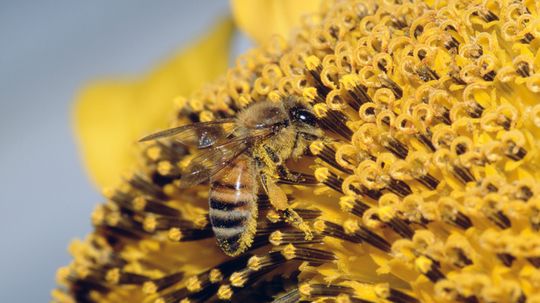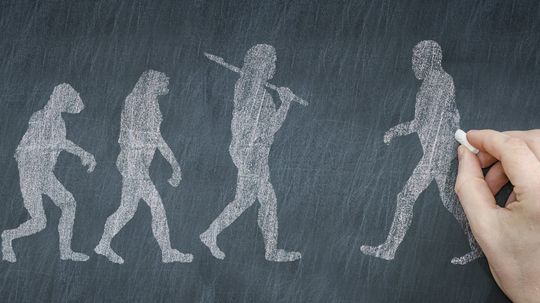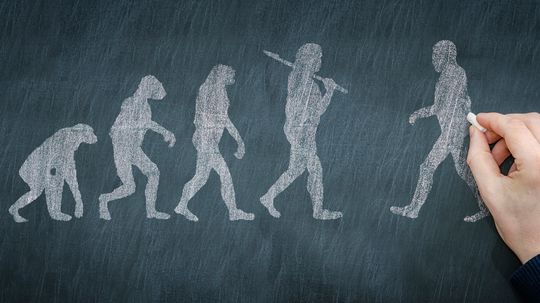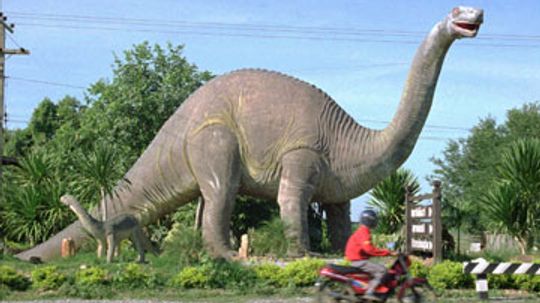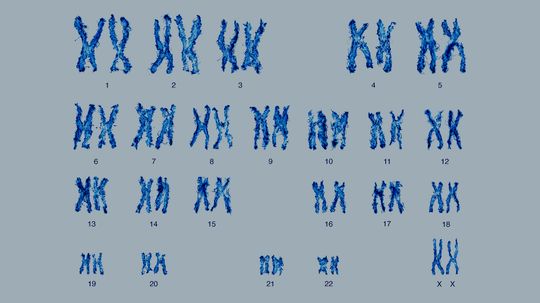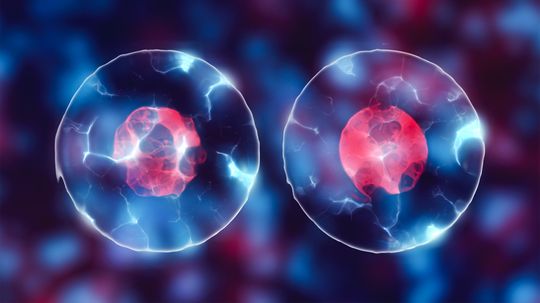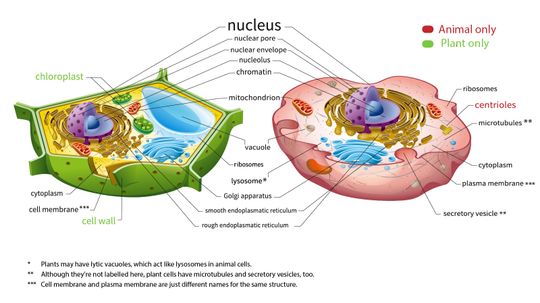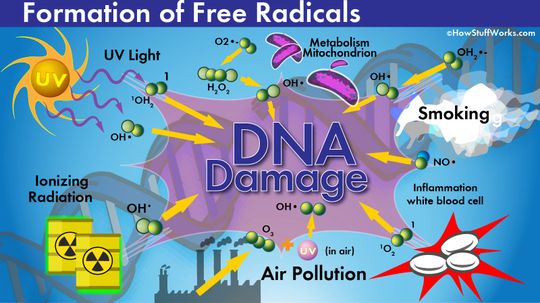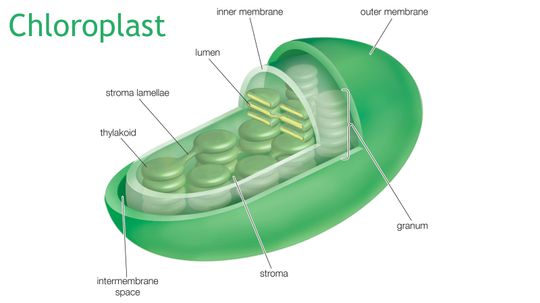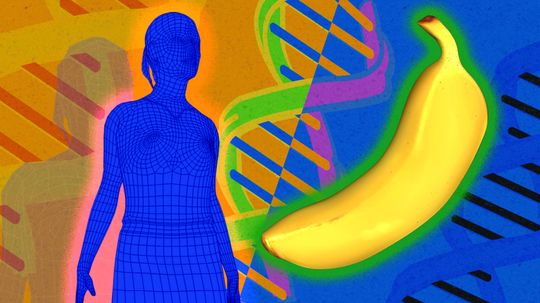Life Science
From the smallest microbe to the largest mammal, Life Science explores the origins, evolution and expansion of life in all its forms. Explore a wide range of topics from biology to genetics and evolution.
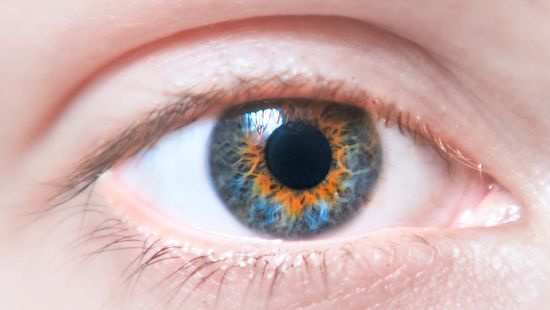
Central Heterochromia: When to Worry About Eye Color
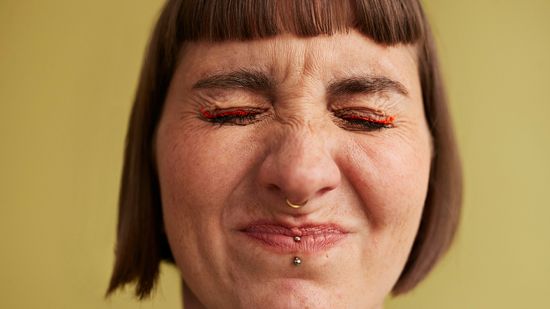
10 Types of Noses to Spot in a Crowd
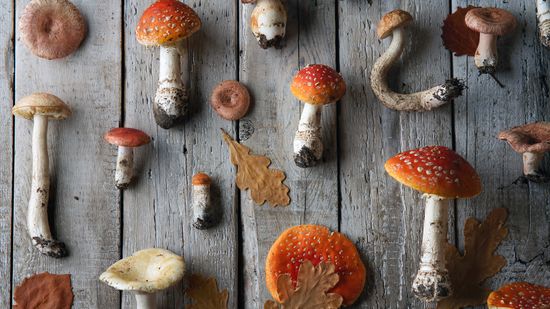
3 Major Types of Mushrooms: Edible, Wild and Poisonous

3 Types of Trees You'll Find All Over the Planet

A Corpse Flower Can Grow Over 12 Feet (3.7 Meters) Tall
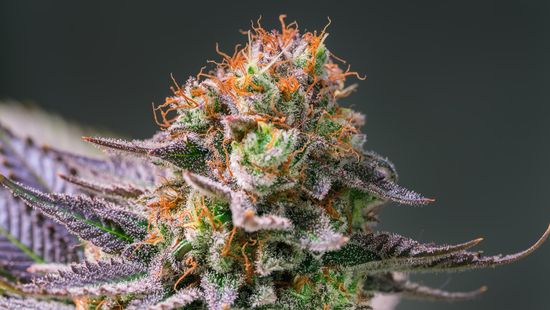
Indica vs. Sativa: How to Distinguish Between Cannabis Plants
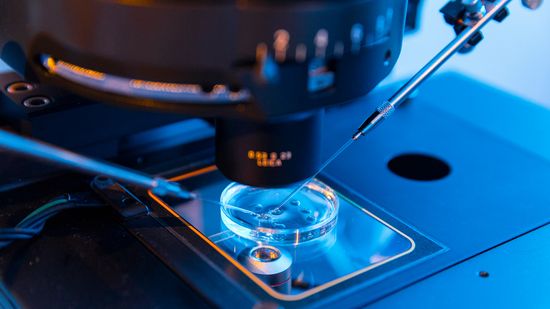
In Vivo vs. In Vitro Trials (and Why Combining Both Is Best)

Hypertonic vs. Hypotonic Solutions: Differences and Uses

Your Phone Is a Germ Factory, So Stop Taking It to the Toilet
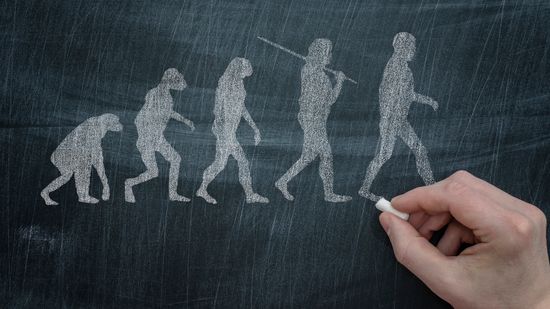
Neanderthal vs. Homo Sapien: Separate Species With Different Fates

Howstuffworks Interviews: Extinction Level Events with Annalee Newitz

What will the Earth look like in 50,000 years?
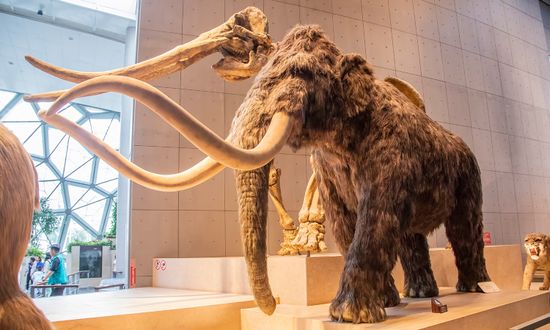
Is a Woolly Mammoth Clone Even Possible?

The Most Common Hair Color Isn't Blonde

What Is the Most Common Eye Color? Over 70% of People Have It
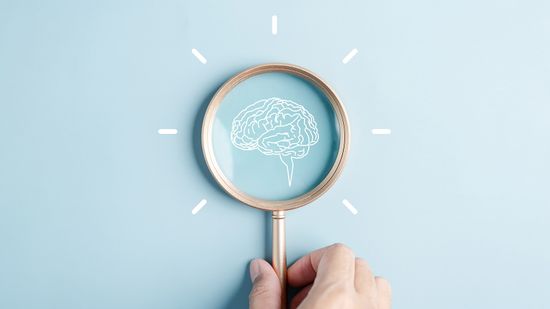
9 Types of Intelligence: The Many Ways to Expand Your Mind
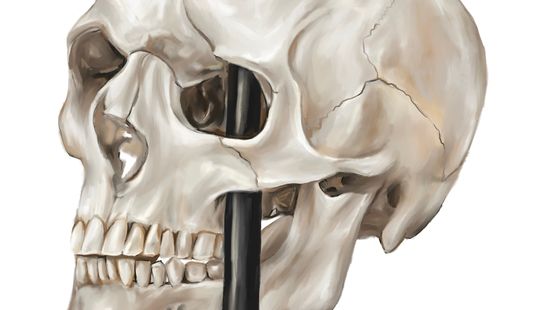
Phineas Gage and the Birth of Modern Neuroscience

Call of the Void: A Counterintuitive Form of Self-preservation
Learn More / Page 17
Why does the experience of sleep paralysis often summon explanations of demonic visitations? Visit the place where dreams and reality overlap, and where science and myth attempt to interpret our hallucinations.
By Robert Lamb
Evolution is a never-ending process, but some scientists believe it might be speeding up as human activity impacts the environment.
By Bambi Turner
We're used to taking the phrase "survival of the fittest" to mean it's an "every man for himself" world. But some animals (like worker bees) sacrifice themselves to ensure their species lives on. Why would they do this?
By Dave Roos
Advertisement
If dinosaurs hadn't gone extinct, you wouldn't exist. Extinction may seem inherently bad, but sometimes the death of a species encourages new life.
Nostalgia, contrary to centuries of common knowledge, appears to be a good thing. A really good thing.
By Julia Layton
Orchids might be the sexiest flower in the greenhouse. Its very name comes from the Greek word for "testicle!" And its reproduction methods are pretty exotic too.
By Alia Hoyt & Desiree Bowie
You've probably experienced that moment where you're driving, get lost, turn down the radio, and then think, "Why did I just do that?"
Advertisement
Pain is subjective - what is excruciating to you might be tolerable to me. Which is why it's so difficult to measure and control.
Neanderthals and humans coexisted for thousands of years, but the relationship between the two species was always a bit dysfunctional. Could we get reacquainted with our evolutionary peers?
By Robert Lamb
Since Charles Darwin published the theory of evolution by means of natural selection, myths and misinterpretations have eroded public understanding of his ideas. Ready to take another look at one of the related questions that just won't die?
By William Harris & Sascha Bos
Wouldn't it be nice to grow crops that grew 50 percent more than current varieties? How about a strain of vegetables that were safe from insects without using pesticides? Agricultural biotechnology can do that.
Advertisement
You yearn to peer out the window of an SUV and watch a Tyrannosaurus rex lumber into a clearing. Your home movie of said event would be a YouTube sensation. Could it ever happen?
By Robert Lamb
Depending on whom and when you ask, everything from same-sex smooching to punk music portends the end of Western civilization. Do any of these cultural commentators have a case?
By Robert Lamb
Nearly every living cell is made of DNA, and every chromosome contains exactly one molecule of DNA. But not all cells are made of the same number of chromosomes.
Humans are a diverse lot - which is good! The question of ethnicity vs. race vs. nationality is a source of much debate, even among experts.
By John Donovan
Advertisement
Cell division can be confusing, but it's not as difficult if you pretend chromosomes are sentences.
While plant and animal cells are strikingly similar, there are a few key differences.
People who hallucinate typically see, hear, feel, smell or otherwise experience things that simply aren't real. Often, these sensory fake-outs indicate a serious medical condition.
By Alia Hoyt
When an electron loses its partner, it creates a free radical. So is that free radical now potentially hazardous to your health?
Advertisement
Yep, fungi are all around us - in the grocery store, in the woods or living on your discolored toenail. And fungi can break down almost anything.
How do we consider a Thing with no edge? Ecosystem ecologists are always trying.
No life, except possibly very small bacteria, would exist on Earth without photosynthesis.
Emotionally sensitive people sometimes get a bad rap from others. But being an empath can be a gift, as long as you take care of it. So how do you know if you're one?
By Alia Hoyt
Advertisement
Chloroplasts are where some of the most miraculous chemistry on Earth goes down.
You probably feel like you have very little in common with that banana lying on your kitchen counter. But science says you do! So, how is this possible? And is that stat accurate? We talk to the scientist who did the research.
By Alia Hoyt


